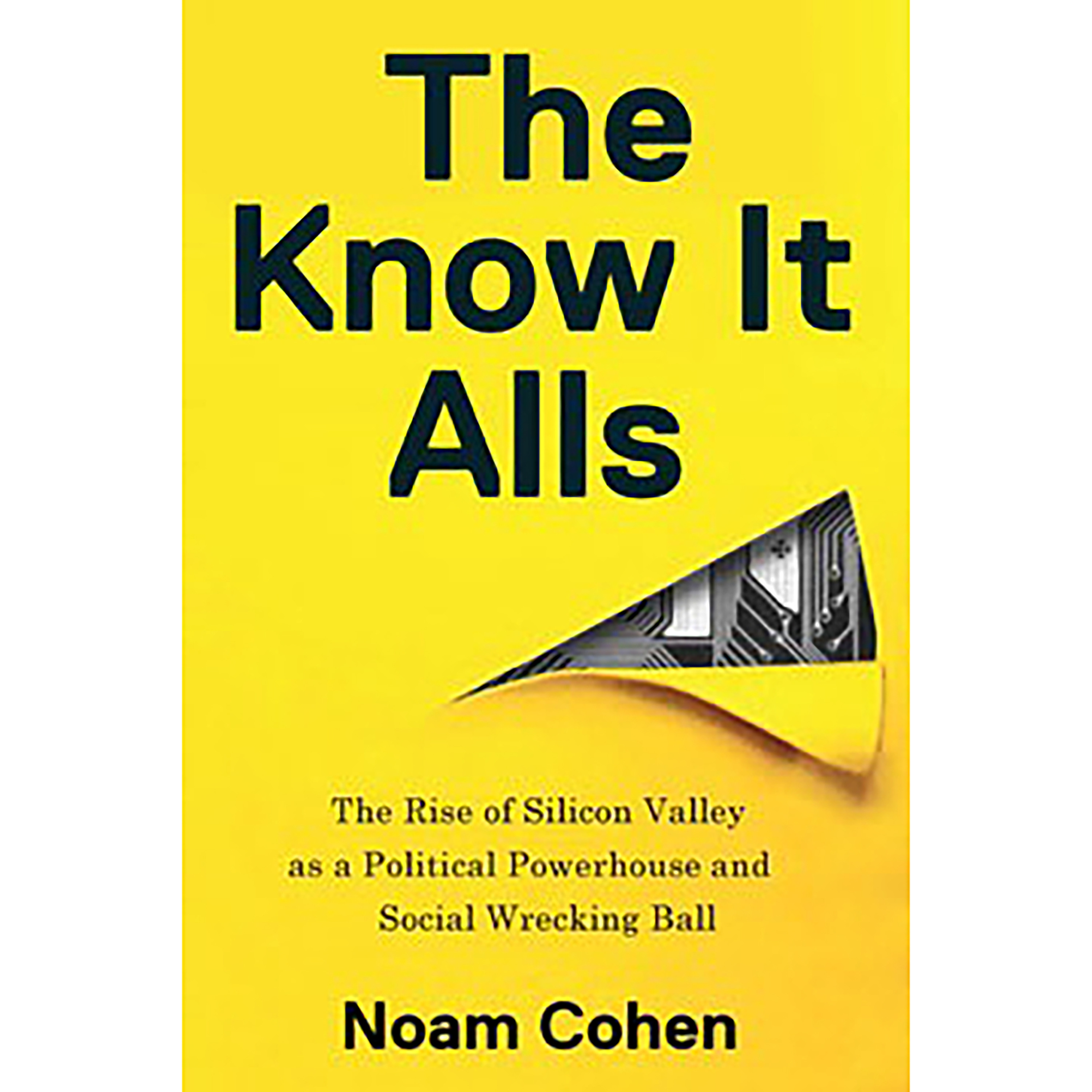Has Silicon Valley Lost Its Humanity?

b'Silicon Valley innovations have given rise to a class of tech titans wielding immense economic and political influence and has paved the way for a cultural shift towards individualism. Has this resulted in historically marginalized groups being left behind once again? Noam Cohen, a former New York Times technology columnist and author of The Know-It-Alls: The Rise of Silicon Valley as a Political Powerhouse and Social Wrecking Ball, argues that the disruption touted by Silicon Valley occurs at the expense of empathy, civility, and even democracy itself. The result? Everything from fake news to the growing divide between the haves and have-nots. Cohen joins technology critic Sara M. Watson and Northeastern University journalism professor Jeff Howe, who coined the term \\u201ccrowdsourcing\\u201d in a 2006 Wired article, to discuss the ethical push and pull between the drive for innovation and preserving our own humanity and moral codes.\\n\\nSpeakers:\\nNoam Cohen covered the influence of the Internet on the larger culture for the New York Times, where he wrote the \\u201cLink by Link\\u201d column beginning in 2007. His first book, The Know-It-Alls: The Rise of Silicon Valley as a Political Powerhouse and Social Wrecking Ball, was published in October, 2017.\\n\\nSara M. Watson is a technology critic who writes and speaks about emerging issues in the intersection of technology, culture, and society. Her work has appeared in The Atlantic, Wired, The Washington Post, Slate, and Motherboard. She is an affiliate with the Berkman Klein Center for Internet and Society at Harvard University, and author of the Tow Center for Digital Journalism\\u2019s report on the current state of technology coverage.\\n\\nJeff Howe is an assistant professor of journalism at Northeastern University and a contributing editor at Wired Magazine. He is the author of Crowdsourcing: How the Power of the Crowd is Driving the Future of Business and co-author of Whiplash, How to Survive Our Faster Future.\\n\\nThis event is sponsored by Radius at MIT and is free for the MIT community and the general public.'